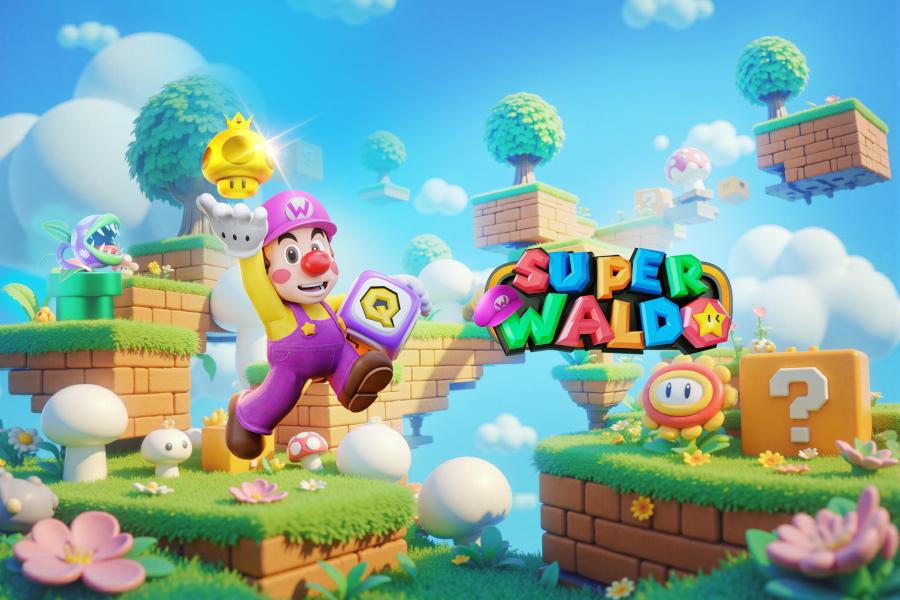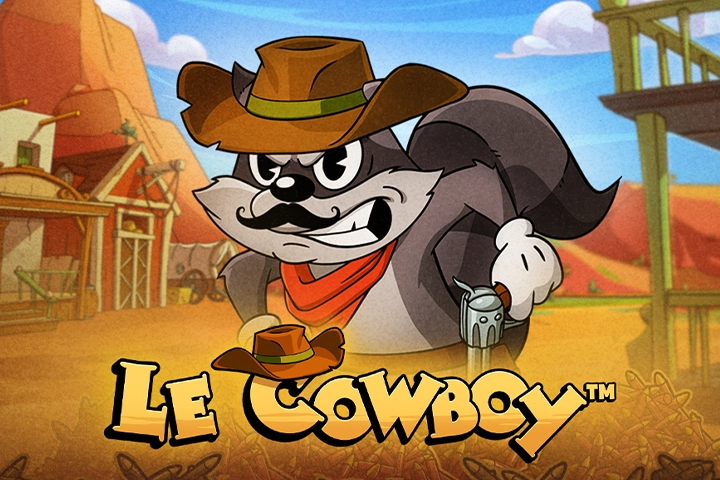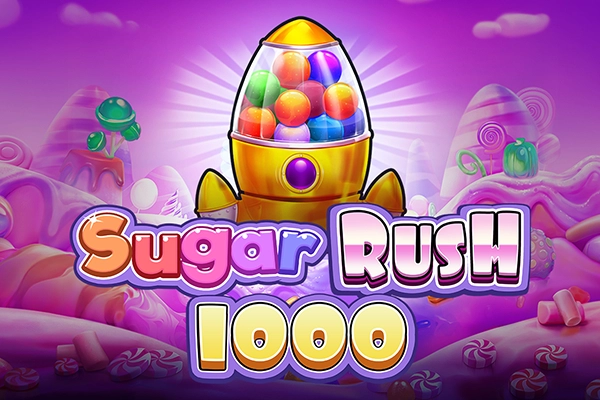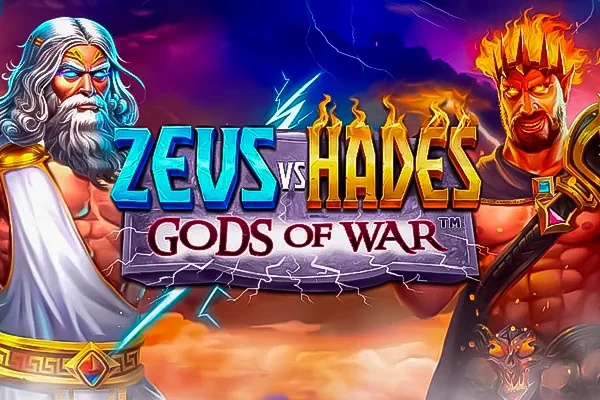Blackjack Beto by Caleta Gaming offers a focused digital Blackjack experience. The game presents a classic casino table game atmosphere, prioritizing rule clarity over elaborate themes. It utilizes a standard table layout where players engage with the core objective: assembling a hand value nearer to 21 than the dealer using five decks, without exceeding this total. Gameplay adheres to specific rules where the dealer stands on all 17s, enhancing predictability. Players benefit from the ability to Double Down on any initial two cards and even after Splitting a pair. Key constraints include the prohibition of resplitting pairs and the absence of a Surrender option. An Insurance side bet becomes available when the dealer’s upcard is an Ace. Blackjack Beto provides a distinct ruleset for Blackjack players analyzing game variations.
Blackjack Beto presents a digital rendition of the classic casino table game, developed by Caleta Gaming. It forgoes elaborate thematics, focusing instead on delivering a specific ruleset within a functional interface. This game is structured for players already well-versed in the fundamental objective of Blackjack – achieving a hand value nearer to 21 than the dealer without exceeding it. The experience centers on the particular combination of rules implemented, which directly impacts strategic considerations and potential outcomes.
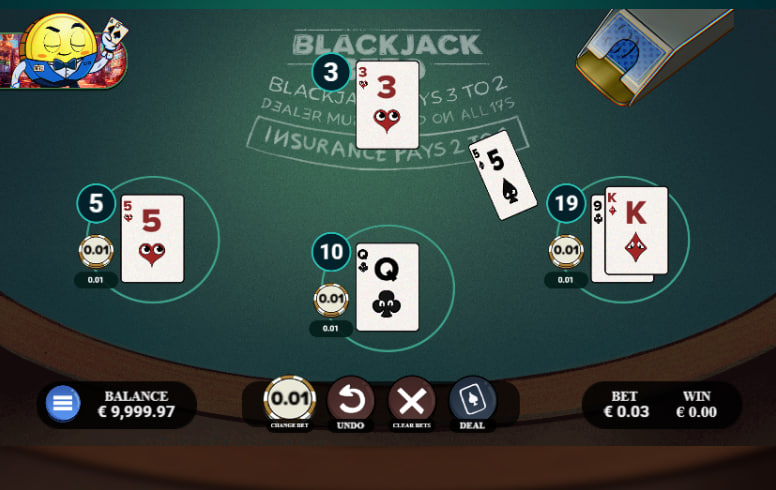
Core Gameplay Mechanics and Structure
The foundation of Blackjack Beto adheres to traditional Blackjack principles. The game utilizes five standard 52-card decks, a quantity that subtly shifts probabilities compared to the more common six or eight-deck shoes found in many online offerings, or the single-deck games favored by some purists. Card valuation is standard: numbered cards (2-10) hold their face value, face cards (King, Queen, Jack) are valued at 10 points each, and the Ace functions flexibly as either 1 or 11 points, automatically adopting the value most advantageous to the hand without causing it to bust.
A round commences after the player places wagers on one or more available hand areas. The initial deal consists of two cards dealt face-up to each active player hand, while the dealer receives one card face-up. This configuration provides the initial information upon which the player bases their subsequent decisions. The player aims to construct a hand total superior to the dealer's eventual hand, staying at or below the critical threshold of 21. A hand totaling exactly 21 with the first two cards constitutes a Blackjack, which has a special payout, provided the dealer does not also achieve Blackjack. Any hand exceeding 21 results in an immediate loss, known as a ‘Bust'.
Following the initial deal, play proceeds sequentially for each active player hand. The player must decide on an action for each hand based on their cards and the dealer's upcard. Once all player hands are resolved (either by Standing or Busting), the dealer reveals their hidden card and draws additional cards according to predetermined house rules. Finally, outcomes are determined by comparing the player's final hand totals against the dealer's total.
Key Player Decisions and Rules
Blackjack Beto offers a standard set of actions but with specific constraints and allowances that define its character. The primary actions available are Hit and Stand. Hitting adds another card to the hand, an action repeatable until the player chooses to Stand or the hand total exceeds 21. Standing concludes the action for that hand, fixing its total. The game incorporates an auto-stand feature for any player hand reaching a total of 21, including a natural Blackjack.
Two crucial strategic options, Doubling Down and Splitting, are governed by particular rules:
Double Down: This option is permitted on any initial two-card hand. Significantly, it is also allowed after splitting a pair. Selecting Double Down requires an additional wager equal to the original bet on that hand. In exchange, the player receives precisely one more card, after which the hand automatically stands. This flexibility, especially the allowance after a split, is a player-favorable rule often sought by strategy-conscious individuals.
Split: A hand can be split only when the initial two cards form a pair (e.g., two 8s, two Kings). Activating a Split necessitates placing an additional bet equal to the original wager. The pair is then divided into two separate hands, each receiving a second card. These hands are played out individually according to standard rules (Hit, Stand, Double Down). However, a critical limitation in Blackjack Beto is that resplitting is not permitted. If a player splits a pair of Aces, for instance, and receives another Ace on one of the new hands, they cannot split that new pair again. Similarly, splitting any other pair prevents further splits on the resulting hands if another pair is formed.
The absence of a Surrender option is another defining rule. Players do not have the choice to forfeit their hand early in exchange for recovering half their bet, a feature sometimes available in other Blackjack variations, particularly against strong dealer upcards like an Ace or 10.
Dealer Procedures and Payout Structure
The dealer's actions in Blackjack Beto are strictly dictated and offer no room for discretion. The house rules mandate that the dealer must hit on all hand totals of 16 or less. Conversely, the dealer must stand on all hand totals of 17 or more. This includes ‘soft' 17 totals (a hand containing an Ace counted as 11, such as Ace-6). The dealer standing on Soft 17 is a common rule, generally considered slightly more advantageous to the player than rules where the dealer hits Soft 17. This fixed strategy is fundamental to calculating the game's house edge.
The payout structure is straightforward and aligns with industry standards:
Standard winning hands (player total higher than dealer without busting, or dealer busts) pay 1:1.
A player Blackjack pays 3:2, unless the dealer also has Blackjack.
Insurance bets (explained below) pay 2:1 if the dealer reveals Blackjack.
If the player and dealer hands result in the same total (a Tie or ‘Push'), the player's bet is returned without profit or loss.
Notably, the game does not offer ‘Even Money'. Even Money is sometimes presented as an alternative to Insurance when a player has Blackjack and the dealer shows an Ace. It guarantees a 1:1 payout on the Blackjack before the dealer checks their hole card, effectively insuring against a potential push if the dealer also has Blackjack. Its absence here means players facing this scenario must choose between taking standard Insurance or letting the hand play out normally.
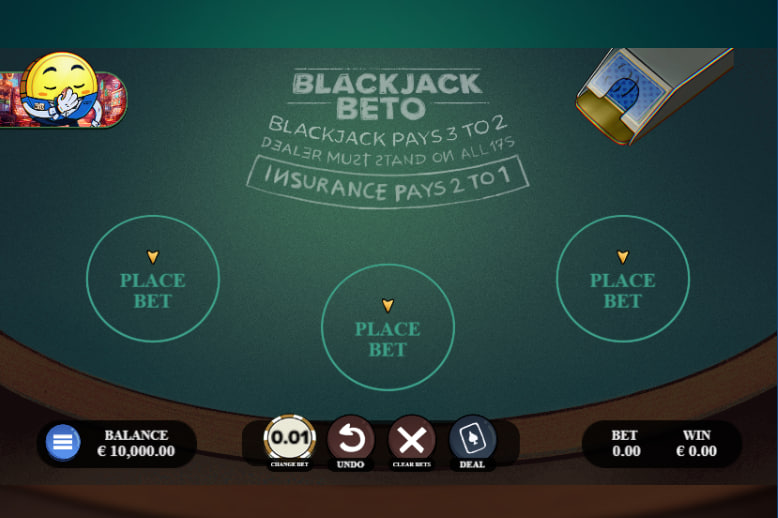
Insurance – A Closer Examination
Insurance is presented as an optional side bet whenever the dealer's face-up card is an Ace. This situation signals a heightened possibility of the dealer having Blackjack. The Insurance bet costs half the amount of the player's original wager on that hand.
The purpose of Insurance is solely to wager on whether the dealer's hidden card is a 10-value card (10, Jack, Queen, or King), which would complete a Blackjack.
If the dealer does have Blackjack, the Insurance bet wins and pays out at 2:1 odds. The player's original hand then either pushes (if the player also has Blackjack) or loses (if the player has less than Blackjack), but the Insurance win compensates partially or fully for the original bet.
If the dealer does not have Blackjack, the Insurance bet is lost, and the round continues as usual with the player's original hand resolved against the dealer's final hand total.
Blackjack Beto by Caleta Gaming is a clearly defined Blackjack variant built around a specific set of rules. Its defining characteristics are the use of five decks, the dealer standing on all 17s (including Soft 17), the player-friendly allowance of Doubling Down after a Split and on any initial two cards, balanced by the limitations of no resplitting and no surrender option.
For experienced players who analyze rule variations, Blackjack Beto offers a known quantity. The combination of rules creates a specific house edge and dictates optimal playing strategy. The permission to Double Down post-split is a valuable feature, while the restrictions on splitting and the absence of surrender are factors to weigh. It does not introduce novel gameplay elements but provides a solid execution of Blackjack under its stated parameters. Players seeking precisely this ruleset will find Blackjack Beto a predictable and strategically engaging option. It serves as a competent digital representation of classic Blackjack for those who prioritize clear rules over thematic embellishments or complex side bets.

